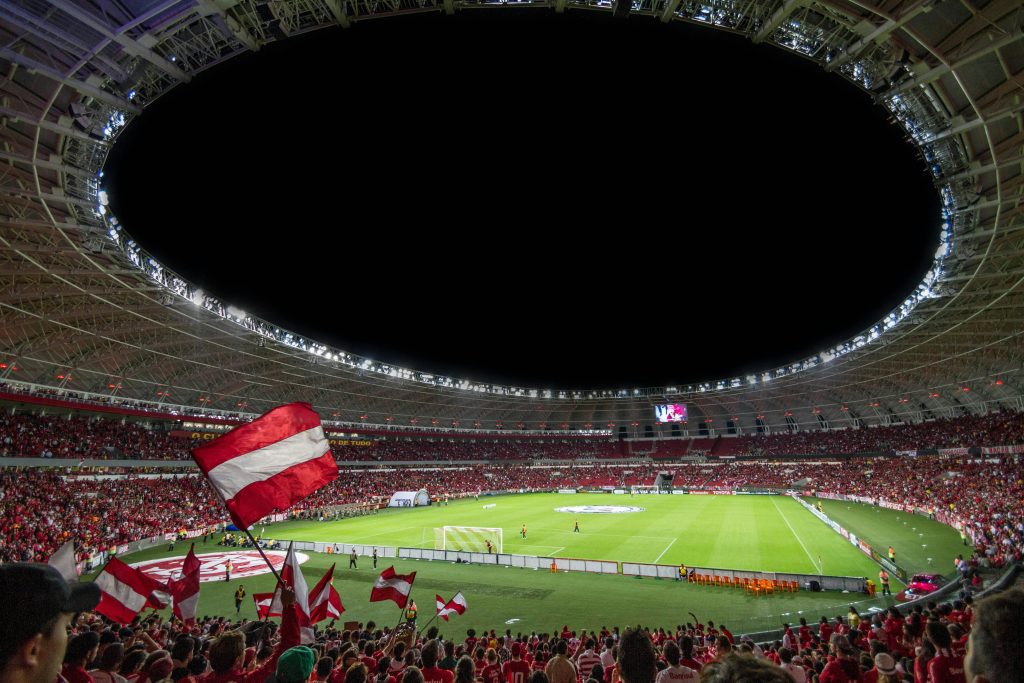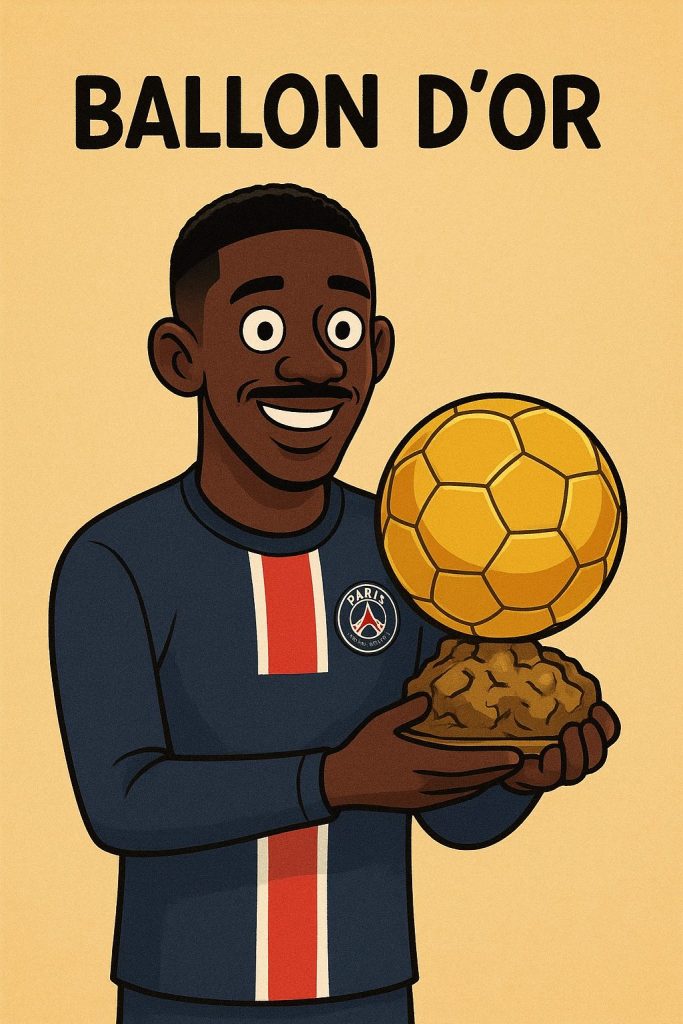The UEFA European Championship (EURO) has delivered numerous unforgettable moments throughout its history. Here are some notable facts about matches that have shaped the tournament:
The Panenka: First EURO Final Decided by Penalties (1976)
In 1976, the final between Czechoslovakia and West Germany became one of the most legendary in EURO history. After a 2-2 draw in regular time and extra time, the match was decided by a penalty shootout. Antonín Panenka scored the decisive penalty with a daring, delicate chip down the middle as the goalkeeper dived to the side. This bold and confident approach, now known as the “Panenka,” became an iconic moment in football and set a new standard for penalty-taking.
Denmark’s Surprising Triumph (1992)
Denmark authored one of the most surprising stories in EURO history by winning the 1992 tournament. Initially, Denmark had not qualified but was called up as a replacement for Yugoslavia, which was disqualified due to the Yugoslav Wars. Despite minimal preparation, with some players returning from vacation, Denmark performed beyond expectations. They defeated reigning champions the Netherlands in a nerve-wracking semifinal shootout and then beat Germany 2-0 in the final. This unexpected victory is still celebrated as one of the greatest triumphs in Danish sports history.
Shortest Title Defense in History (1972-1976)
West Germany won the EURO in 1972 and maintained their dominance by losing only one match in the next four years. This loss came in the 1976 EURO semifinal against Czechoslovakia, where they ultimately lost in a penalty shootout. This defeat ended their title defense and marked one of the shortest periods as champions in the tournament’s history.
Last-Minute Own Goal (2008)
In 2008, a remarkable moment occurred in the group stage between Austria and Serbia. In the 93rd minute, Serbia scored an own goal, giving Austria an unexpected 1-0 victory. This was their first and only win in that tournament and one of the rare instances in EURO history where an own goal so late in the match determined the outcome.
Greece’s Cinderella Story (2004)
Greece pulled off one of the biggest surprises in EURO history by winning the 2004 tournament. Under German coach Otto Rehhagel, Greece started as underdogs but defeated heavyweights like France and the Czech Republic to reach the final. In the final against hosts Portugal, Angelos Charisteas scored the only goal, giving Greece an unexpected and historic victory. Their defensive style and strategic approach were praised and earned them a place in football history.
Netherlands’ Penalty Misery (2000)
At EURO 2000, the Netherlands suffered a heartbreaking defeat to Italy in the semifinals. Despite dominating the match and creating numerous chances, the Netherlands missed two penalties during regular time. In the subsequent shootout, they missed three more, handing Italy a 3-1 victory. This match symbolizes the Netherlands’ ongoing struggles with penalties in major tournaments.
Spain’s Unprecedented Dominance (2008-2012)
Spain dominated international football by winning three consecutive major tournaments: EURO 2008, the 2010 World Cup, and EURO 2012. Their successful “tiki-taka” style, characterized by short, precise passes and possession play, impressed the world. Spain is the only team to achieve this unique feat, marking a golden era in European and world football.
Lothar Matthäus’ Five EURO Appearances (1980-2000)
German midfielder Lothar Matthäus participated in five EURO tournaments, a record later matched by Cristiano Ronaldo. His EURO career began in 1980 when West Germany won the title and ended in 2000. Matthäus’ impressive career reflects not only his talent and longevity but also his ability to perform at the highest level over several decades.
Platini’s Scoring Record (1984)
Michel Platini scored an astonishing nine goals in five matches during EURO 1984, setting a record for the most goals in a single tournament. Platini’s outstanding performances helped France win their first EURO title. His skill and vision on the field made him one of the greatest players in EURO history.
Fastest Goal in a Final (1964)
Jesús María Pereda scored the fastest goal in a EURO final in 1964 for Spain against the Soviet Union, within six minutes. Spain eventually won 2-1, securing their first European title. This early goal set the tone for the match and marked a significant moment in Spanish football history.
France’s Dramatic Comeback (2000)
In the EURO 2000 final, France staged a spectacular comeback against Italy. Sylvain Wiltord scored the equalizer in stoppage time, sending the match into extra time. David Trezeguet then scored the winning goal with a “Golden Goal,” securing France’s second EURO title. This final is remembered as one of the most dramatic in the tournament’s history.
Turkey’s Unforgettable Turnaround (2008)
Turkey was known for their spectacular comebacks during EURO 2008. In the quarterfinals against Croatia, Turkey scored in the 120th minute to equalize and then won the penalty shootout. Earlier in the group stage, they had scored in the final moments to defeat the Czech Republic. This fighting spirit and ability to deliver in the last moments made Turkey one of the most memorable teams of the tournament.
These stories highlight the unexpected twists, heroic performances, and dramatic moments that make the UEFA European Championship one of the most exciting and beloved tournaments in the football world.
- The 2025 Ballon d’Or: A New Era of Football Greatness - October 3, 2025
- Ballon d’Or 2025: Meet the 30 Men’s Nominees - August 7, 2025
- World Cup Qualifiers Explained – How Each Continent Competes for a Spot at the World Cup - June 10, 2025



